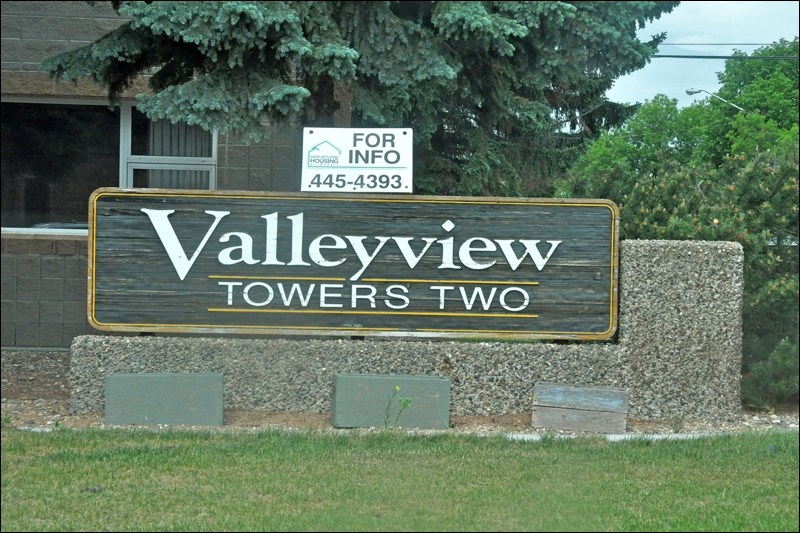A tenant at Valleyview Tower II has won his claim against Battlefords Housing Authority before the Office of Residential Tenancies.
The claimant, Les Turner, suffers from Chronic Obstructive Pulmonary Disease. He had claimed BHA had failed to provide the tenant with a smoke-free rental unit and failed to provide quiet enjoyment at Valleyview Tower II at 1191 - 99th St.
In a decision released June 16, hearing officer Steve Connelly ordered BHA to pay Turner damages in the amount of two-thirds of the rent paid over an 11-month tenancy. While Connelly did accept evidence that Turner suffered from COPD, he made no finding on those issues.
The ruling came down after a hearing held June 8 at Regina, in which six witnesses presented evidence. Those included Turner and Darryl Mills for the tenant, and BHA General Manager Denis Lavertu for the landlord.
According to the judgement’s summary of the evidence presented at the hearing, Turner had moved to his current unit in July 2020 because he was situated directly above the designated smoking area and could not tolerate the second-hand smoke.
But the tenant found the move did not resolve his issue, as the presence of second-hand smoke continued unabated.
According to the summary, Turner had advised the hearing he had complained to the landlord on several occasions, “however the landlord has declined to investigate the issue of smoking in the building unless the tenant can provide names or numbers of the offending unit(s) as well as details of the alleged smoking. The presence of the second-hand smoke has continued unabated and continues to aggravate the tenant’s medical condition.”
There was also testimony from an investigator who “detected multiple violations of the no smoking policy. He reported these incidents to the general manager. On each occasion he was advised to leave the matter with the general manager and take no further action.”
The investigator “supported the evidence of the tenant and representative that the landlord was reluctant to look at smoking complaints unless specific details could be provided. The investigator also advised he had discussions with the fire chief regarding violations which concern the fire chief.”
Witnesses for the landlord noted the investigator had been able to identify some cases of smoking in the building and in each case the landlord acted in an appropriate manner by issuing warnings and proceeding to a notice to vacate if warnings weren’t heeded.
In his ruling, Connelly accepted the evidence of the tenant that his rental unit had been subject to “second-hand marijuana or tobacco smoke for the duration of the tenancy in his present unit.” He also accepted the evidence of the tenant representative and the private investigator.
Connelly also noted that the landlord’s evidence, referring to BHA, focused on the accusations made by tenants witnesses that the landlord “does not care at all about its tenants.”
The hearing officer stated he observed during the testimony of tenants witnesses that each “exhibited a very vocal and negative bias regarding the competence of the present management of the housing authority.”
He found the Residential Tenancies Act and the tenancy agreement “do not specifically require the landlord to be competent or caring. These instruments simply outline the minimum standards which defined the landlord tenant relationship.”
Connelly accepted the landlord’s evidence that the landlord had taken significant steps since 2013 to improve the facility.
He found, however, the landlord’s “attempts to curb the presence of second-hand smoke in the tenant’s unit have been unsuccessful.”




